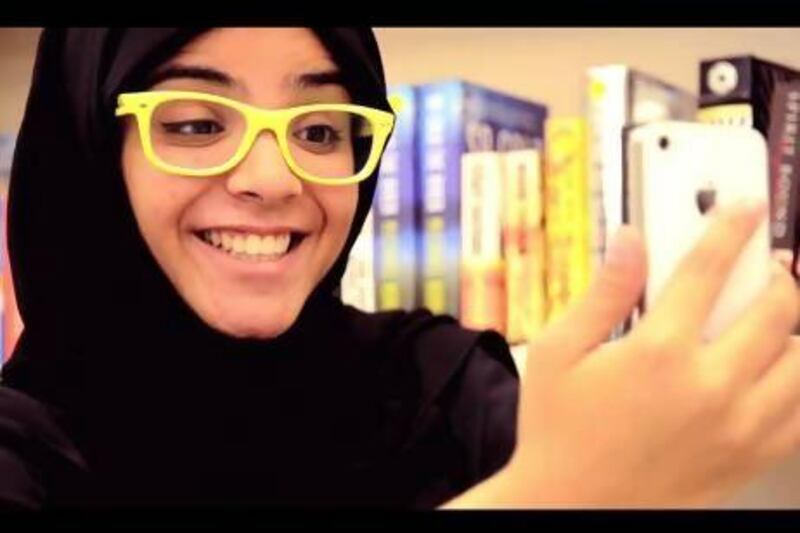“I just finished this last week and it changed my life,” a young woman in a hijab and yellow-framed glasses is saying into her smartphone, waving a book. “I couldn’t stop crying for a week.” It’s part of the promo video for “Laysh: to read or not to read”, a campaign launched by TEDxYouth@Doha and Bloomsbury Qatar Foundation Publishing (BQFP) to get young adults talking about literature.
The initiative encourages teenagers in Qatar and elsewhere in the region to upload their own one to two minute videos about their relationship with reading, in either English or Arabic, to laysh.org. Submissions will be accepted until June 1, and negative responses are welcomed as well as positive ones, according to BQFP’s acting director of reading and writing, Lana Shamma. “I’m still waiting for someone to say why they don’t like reading,” she says with a laugh.
Most literacy campaigns, Shamma says, are aimed either at university students or young children. Laysh targets teenagers, a group that is often forgotten, although children and older adults are welcome to submit testimonials too.
The majority of Arab teenagers certainly read more than that, but TV, smartphones, MP3 players, the internet and video games are increasingly competing with books for their time – and, many studies suggest, reducing their attention spans. “A lot of kids,” Shamma points out, “come home from school, sit down in front of the TV and zone out.”
The good news is that Young Adult is a booming category of English-language fiction, with sales jumping almost 150 per cent between 2006 and 2012, due in part to blockbuster sagas such as Twilight and The Hunger Games. Estimates suggest that up to half of such books are bought by adults, but this still leaves a lot of teenagers who are discovering an appetite for books.
“The first submission was uploaded at 3.41am,” Shamma says, “and [the contributor] talked about being lonely and feeling as though the characters in his favourite books were his friends. It was very moving. Another woman just said: ‘I love romance; I want it in my life.’”
Visit www.laysh.org for more information
Follow us
[ @LifeNationalUAE ]
And follow us on Facebook for discussions, entertainment, reviews, wellness and news.





